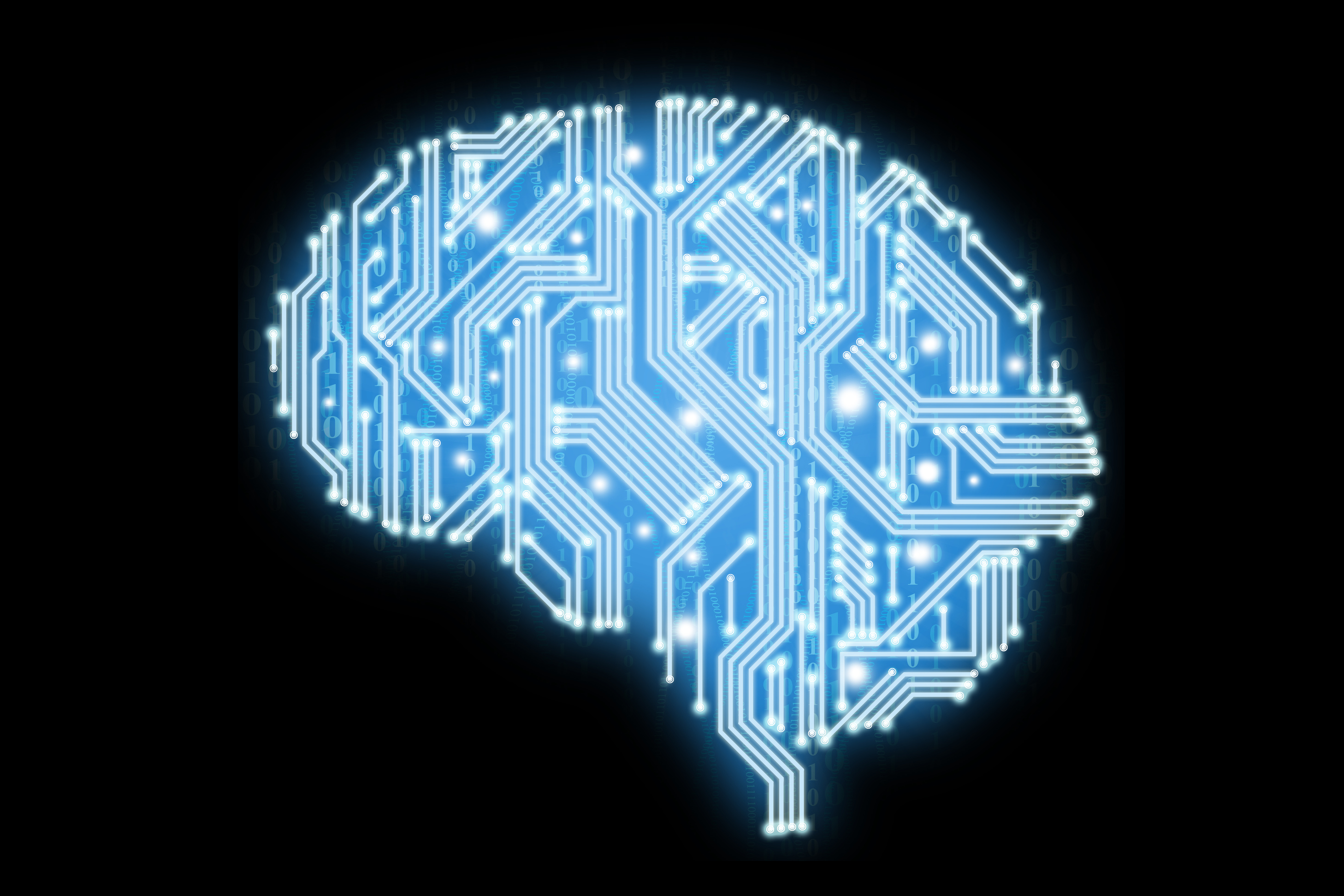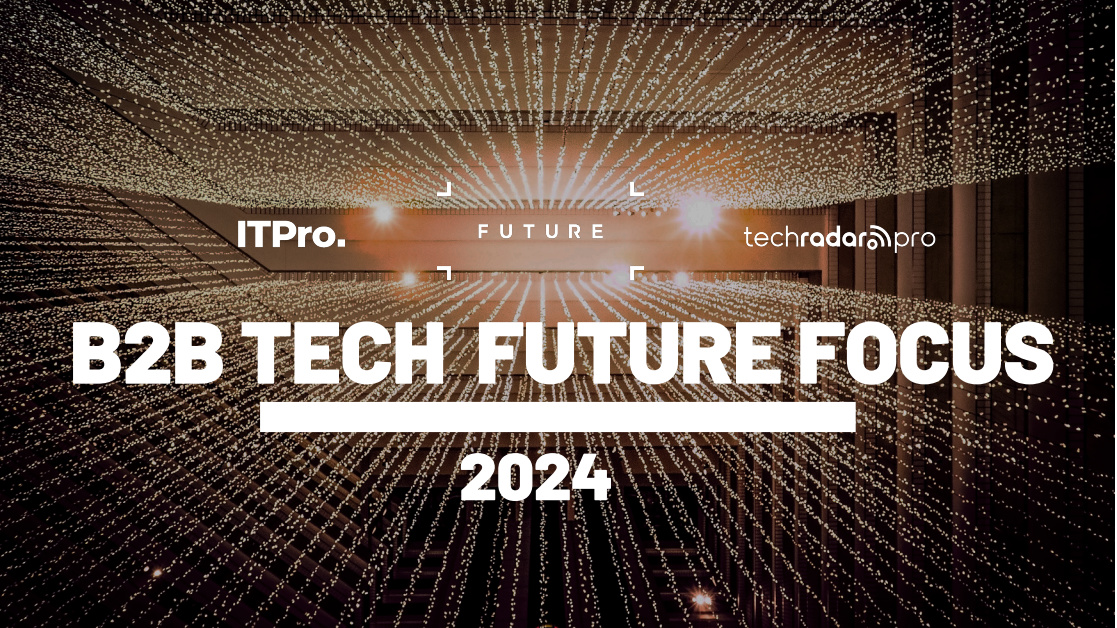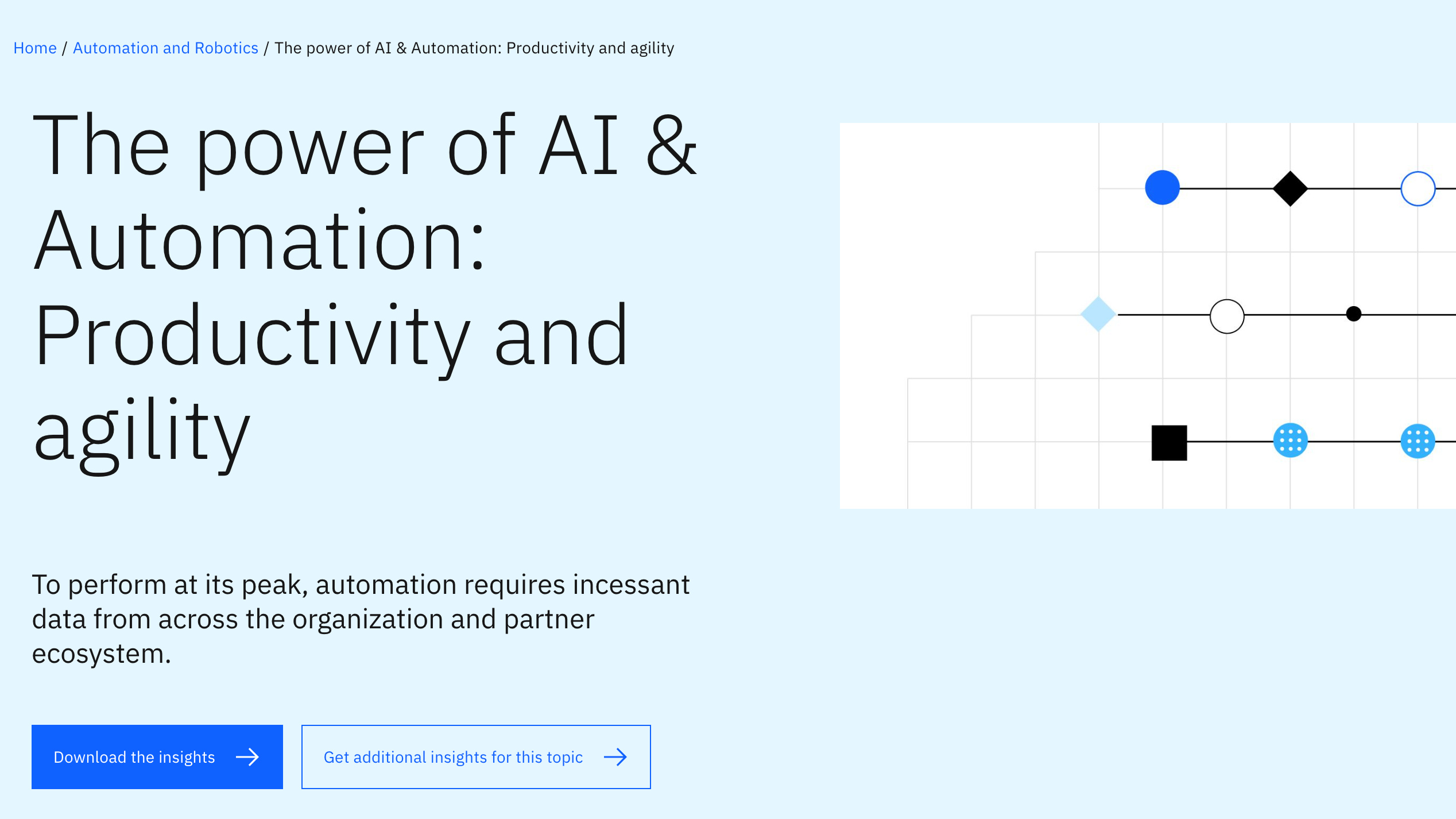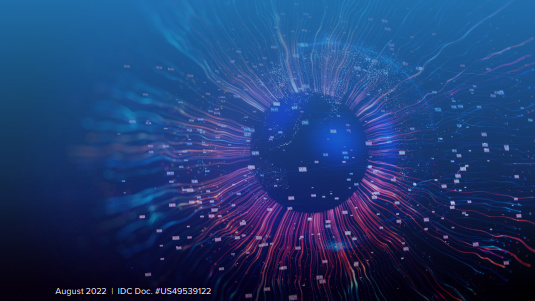Google's AIs learn how to encrypt their own messages
Neural networks could create encryption that becomes stronger as you hack it

A Google AI system learned how to build its own encryption key, and to make it stronger after being attacked.
Google's deep learning unit, Brain, built two neural networks, 'Alice' and 'Bob', to test whether they could create their own encryption algorithms and communicate without their messages being intercepted.
Alice sent Bob an encrypted message consisting of 16 zeroes and ones, and Bob decrypted it while Eve was intercepting this information and also trying to decrypt the message, according to the New Scientist.
Alice was able to learn from its failed attempts that were decrypted by Eve, and alter the encrypted message to prevent Eve from decoding it the following time.
The results of this experiment saw the neural networks successfully create a new encryption key advanced enough that even Eve could not break it. The way in which the encryption was devised by the two neural networks is so complex that even the researchers struggle to understand it.
These findings could be important in future, where neural networks could help AIs create encryptions that learn and become stronger as hackers try to break them, ultimately making them ideal for cybersecurity.
Get the ITPro daily newsletter
Sign up today and you will receive a free copy of our Future Focus 2025 report - the leading guidance on AI, cybersecurity and other IT challenges as per 700+ senior executives
-
 Bigger salaries, more burnout: Is the CISO role in crisis?
Bigger salaries, more burnout: Is the CISO role in crisis?In-depth CISOs are more stressed than ever before – but why is this and what can be done?
By Kate O'Flaherty Published
-
 Cheap cyber crime kits can be bought on the dark web for less than $25
Cheap cyber crime kits can be bought on the dark web for less than $25News Research from NordVPN shows phishing kits are now widely available on the dark web and via messaging apps like Telegram, and are often selling for less than $25.
By Emma Woollacott Published
-
 Future focus 2025: Technologies, trends, and transformation
Future focus 2025: Technologies, trends, and transformationWhitepaper Actionable insight for IT decision-makers to drive business success today and tomorrow
By ITPro Published
-
 B2B Tech Future Focus - 2024
B2B Tech Future Focus - 2024Whitepaper An annual report bringing to light what matters to IT decision-makers around the world and the future trends likely to dominate 2024
By ITPro Last updated
-
 Six steps to success with generative AI
Six steps to success with generative AIWhitepaper A practical guide for organizations to make their artificial intelligence vision a reality
By ITPro Published
-
 The power of AI & automation: Productivity and agility
The power of AI & automation: Productivity and agilitywhitepaper To perform at its peak, automation requires incessant data from across the organization and partner ecosystem
By ITPro Published
-
 Operational efficiency and customer experience: Insights and intelligence for your IT strategy
Operational efficiency and customer experience: Insights and intelligence for your IT strategyWhitepaper Insights from IT leaders on processes and technology, with a focus on customer experience, operational efficiency, and digital transformation
By ITPro Published
-
 Sustainability at scale, accelerated by data
Sustainability at scale, accelerated by dataWhitepaper A methodical approach to ESG data management and reporting helps GPT blaze a trail in sustainability
By ITPro Published
-
 What businesses with AI in production can teach those lagging behind
What businesses with AI in production can teach those lagging behindWhitepaper The more sophisticated the AI Model, the more potential it has for the business
By ITPro Published
-
 Four steps to better business decisions
Four steps to better business decisionsWhitepaper Determining where data can help your business
By ITPro Published